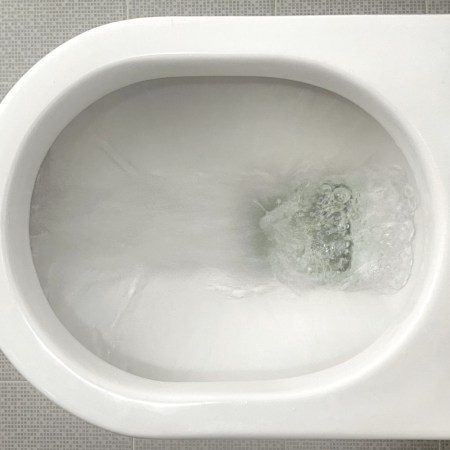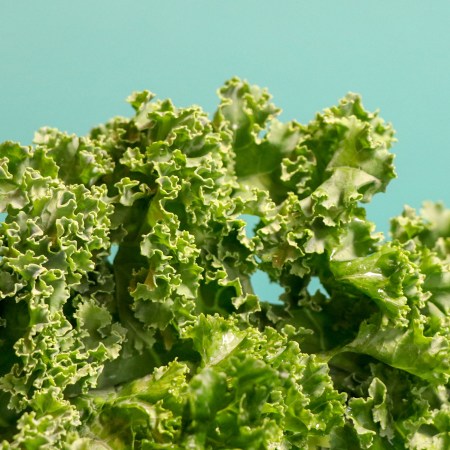You may not have known what your microbiome was a decade ago, but you probably do now — especially since there’s a growing body of research showing that gut health can have a wider influence on your body and can even improve mental health. As for how your microbiome itself evolves, well, there’s research underway on that as well — and one recently-published paper reveals that the people around you can help shape it.
In a paper published this month in Nature, a group of scientists studied the microbiomes of 1,787 people living in remote villages in Honduras. Among the scientists’ findings was the discovery that social groups can have an influence on your microbiome — or, as they put it, “that microbial sharing occurs between many relationship types, notably including non-familial and non-household connections.”
Among the researchers’ findings was that the sharing of microbial strains “extends to second-degree social connections.” In other words, microbial strains can spread around groups of friends of friends. That said, the researchers collecting and analyzing this data found that the most strain-sharing took place between people in relationships and people who lived in the same household.
The “Green List Diet” That’s Eased My Inflammation
Courtesy of a California lab, it’s also helped me lose weight and regain focus. Here’s how the approach works.Experts in the field explained to Nature‘s Saima Sidik that these findings could reshape some of the ways in which doctors and scientists analyze the spread of certain conditions. Depression is among the issues cited in Sidik’s article; given that scientists have found a connection between the microbiome and one’s moods, does that also mean that microbial strains that can cause (or alleviate) depression could pass via social contact? This paper opens the door to a host of new lines of inquiry.
The Charge will help you move better, think clearer and stay in the game longer. Subscribe to our wellness newsletter today.



















